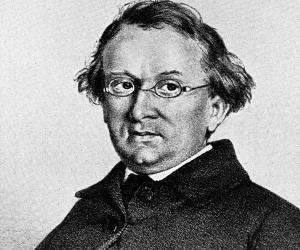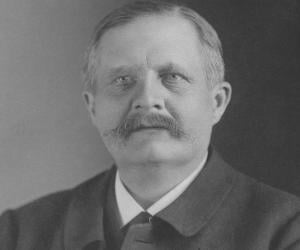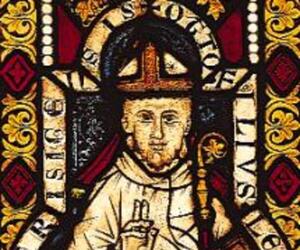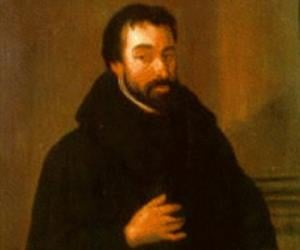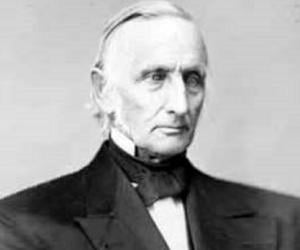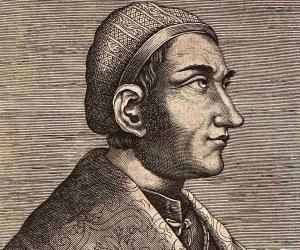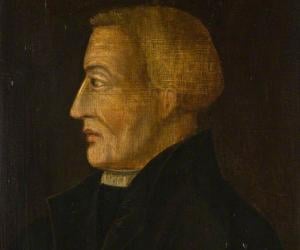
Martin Bucer was a German Protestant reformer in the Reformed tradition who was active in the 16th century. He is credited to have deeply influenced Lutheran, Calvinist, and Anglican doctrines and practices. His work resulted in his excommunication from the Roman Catholic Church, and he was exiled to England. He is considered an early pioneer of ecumenism.
